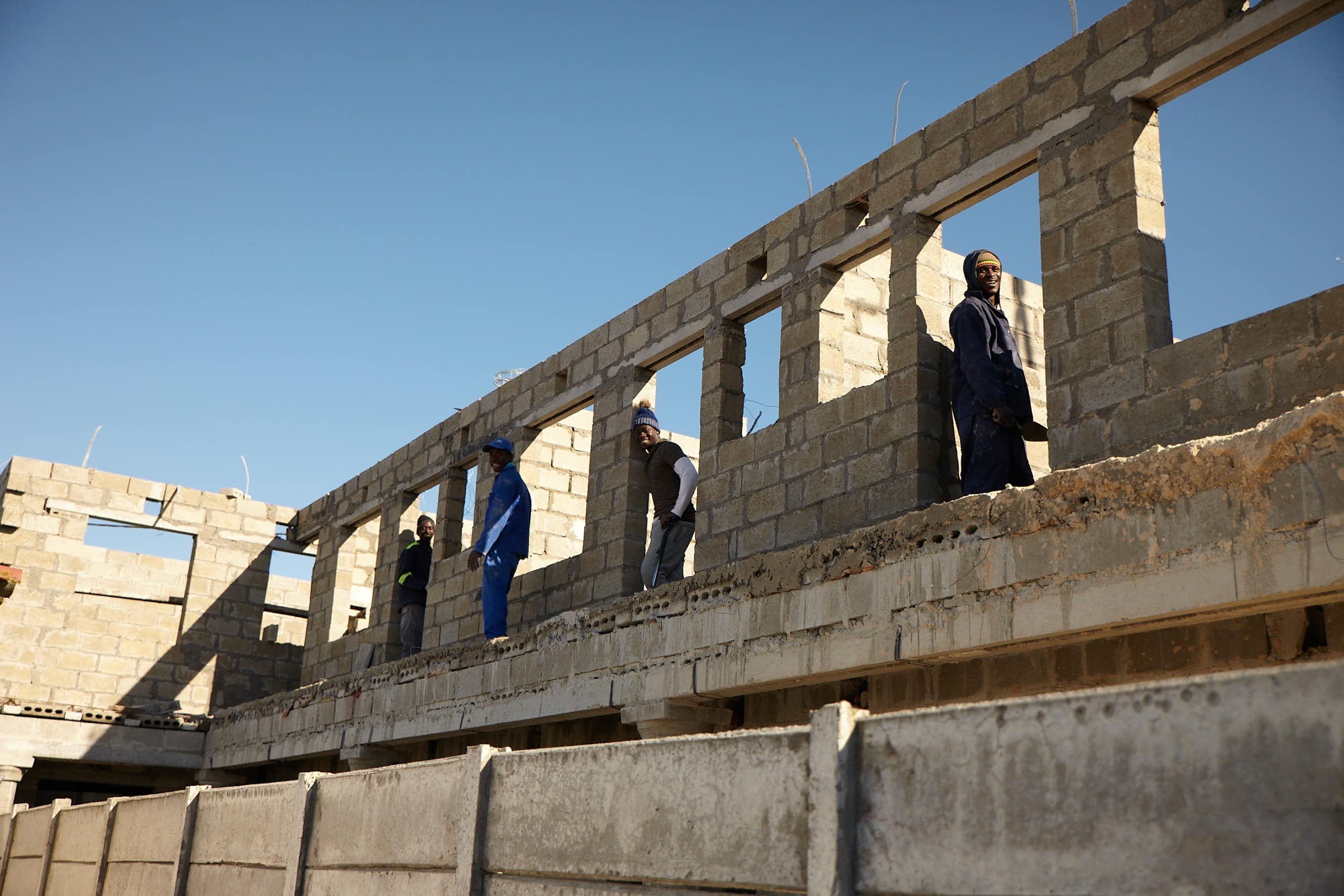Overview
Across Africa, the residential investment opportunity is increasingly driving conversations about economic growth. While the definition of who is middle class and how many such households there are continue, the fact of Africa’s rising population and rapid urbanisation is palpable in its cities where the inadequate housing conditions of the majority are obvious.
For every problem, there is an opportunity for a solution, and in increasingly creative ways, this is what Africa’s housing investors are finding.
Most investment funds currently active were initiated when the African growth trajectory was on an upward curve. The past year has been challenging, however. Still among the fastest growing continents, Africa has seen its growth and development prospects seriously challenged by global economic pressures, the commodities downturn and the slowing Chinese economy. Where the prospects of oil and gas discoveries dominated the news five years ago, in 2016 it is their loss in value ng governments reconsider their economic development strategies. The key challenge in this environment, is economic diversification. Can housing contribute towards that opportunity?
Governments can contribute significantly to a developer’s ability to deliver affordable housing at scale, by paying attention to the rough spots along the housing value chain: the availability of land, its servicing (especially water and electricity), and its registration;
the availability of domestic building materials and a functioning construction sector; the time it takes to get administrative approvals for the building process, and the cost of such approvals; the taxation, finance and macro-economic framework; and the functioning of the labour market, among so many other factors.
Read full report from”http://housingfinanceafrica.org”>CAHF here.,



